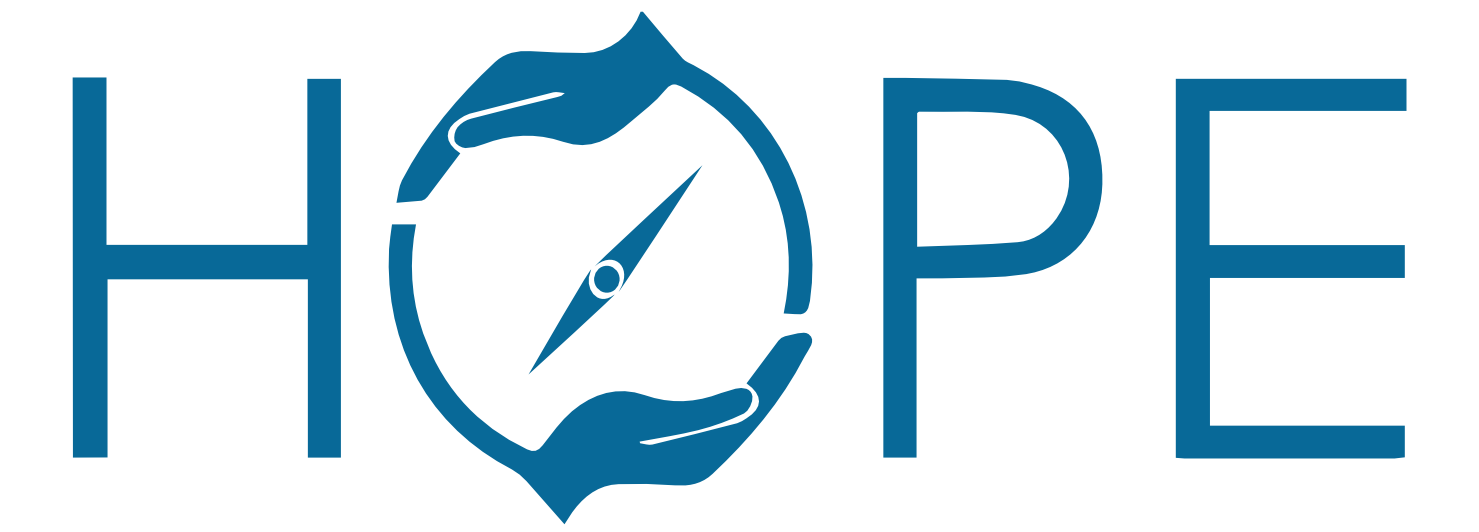Did you know that nearly 21 million Americans struggle with addiction, according to Indiana University?
This staggering statistic highlights the necessity for effective addiction intervention planning. Interventions are crucial avenues through which families can approach a loved one who is abusing substances, but they must be executed with careful consideration and strategy.
What should you know about intervention planning? Read on to explore essential steps to enhance your intervention efforts and improve the probability of a successful outcome.
Understanding the Importance of Interventions
Interventions are structured conversations designed to confront an individual about their addiction. They require a delicate balance of firmness and compassion. When planned and executed properly, interventions can lead to long-lasting recovery.
Recognizing when to stage an intervention is key-waiting too long can result in increased devastation. Most importantly, these discussions aim to provide a supportive environment where the individual feels surrounded by concern and care.
Three Steps to Effective Addiction Intervention Planning
Planning goal-focused interventions involves three important steps. Here they are.
Gather Information and Resources
Prior to hosting the intervention, it is crucial to gather relevant information about the addiction and potential treatment options. Understanding the nature of the substance abuse and how it impacts the person’s life can equip you with the proper tools to engage in constructive dialogue.
Involve Key Family Members and Friends
An intervention shouldn’t be a solitary effort. Engage supportive family members and friends who share your concern for the individual. They can provide emotional backing and share their personal experiences, reinforcing the message of love and support.
Prepare Your Message
Outline what you want to communicate to the individual. This should include clear descriptions of how their addiction affects the family and friends they care about. Offer specific examples that demonstrate your love and desire for them to seek help.
Each of these steps is designed to create an effective strategy that not only acknowledges the pain of addiction but also opens a pathway toward recovery.
Training and Professional Support Planning Techniques
Seeking professional guidance can significantly enhance the effectiveness of your behavioral interventions. Training programs in Recovery Coaching can equip family members with the skills to confront addiction constructively.
Topics like communication, emotional intelligence, and effective strategies are essential to navigate these sensitive conversations.
Public Speaking as a Tool for Awareness and Success Planning
Consider utilizing public speaking opportunities to share your experiences and insights into addiction and recovery. This can foster a sense of community and encourage others to seek help for themselves or loved ones.
Sharing personal testimonials can have a powerful impact, raising awareness about the importance of interventions and support systems.
Intervention Strategies Are Vital
When you approach the challenge of addiction intervention planning with empathy and strategy, you create an opportunity for healing. Remember that addiction is not just a personal struggle but a family issue that requires collective effort.
While tackling these challenges may feel overwhelming at times, establishing a strong support network is your key to success. HOPE Guides help you every step of the way. With years of experience in supporting families through addiction, we provide valuable resources that ensure you don’t have to navigate this journey alone, so contact us to get started.



